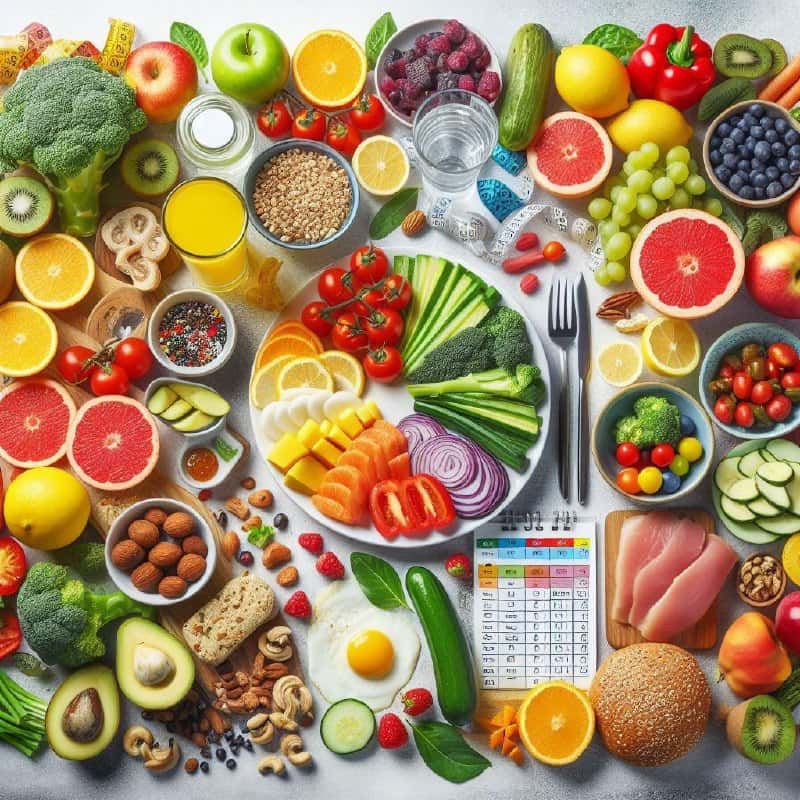UK PM race: Here’s a quick rundown of what have Rishi Sunak & Truss promised to Britons
In the waning days of Tory leadership race, Rishi Sunak and Liz Truss, have been laying out their policy stances on variety of important issues.

The enthralling race to become the next prime minister of the UK will conclude on September 5. In the waning days of the Tory leadership race, Rishi Sunak and Liz Truss, the two candidates for prime minister, have been laying out their policy stances on a variety of important issues.
In an effort to win over the roughly 1,60,000 Tory party members, the two candidates for the party’s leadership have engaged in a summer-long campaign of debate. The discussion of the cost of living through tax and energy policy has dominated the hustings between candidates for the post of UK PM.
While Truss has pledged significant tax cuts in order to decrease the cost of living, Sunak’s campaign has prioritised addressing inflation before decreasing taxes. Here is a quick overview of what Liz Truss and Rishi Sunak promised the nation and their positions on the major issues:
Taxation and expenditure
Liz Truss
The UK foreign secretary has suggested £30 billion in tax savings if she is elected, including removing the scheduled increase in corporation tax and rolling back the government’s National Insurance increase. She also wants to eliminate the “green levy,” which is a portion of energy bills that goes toward social and environmental projects, in order to reduce the cost of living for families.
She has stated that she wants a “full examination” of the tax system, with revisions aimed at preventing people from being penalised for taking time off work to care for family members or children. Truss revealed she will “look at” inheritance tax as part of the review, telling a hustings in Leeds that she wants to reward individuals who “work hard, make money, and want to pass it on to their children.”
The cabinet member has stated that she will pay for her tax cuts by spreading the UK’s COVID debt over a “longer-term footing,” similar to the nation’s war debt in the 1940s. On public spending, she declared a “war on waste” in Whitehall to save roughly £11 billion per year, but was forced to backtrack just hours later after a backlash because it may have resulted in lower pay for public sector workers outside of London and the South East.
Rishi Sunak
The former chancellor has positioned himself as the fiscally conservative candidate, stating that major tax cuts should be postponed until inflation is under control. However, in order to gain ground on the foreign secretary, he has stated that if the price cap increases above £3,000 in October, he will eliminate the 5% VAT rate on household energy bills for one year, saving the typical family £160.
He also wants to reduce the basic rate of income tax from 20p to 16p by the end of the next parliament, citing “increased tax receipts generated by expected economic development.” He says he would keep raising National Insurance and increasing corporation tax from 19% to 25% next year. He also wants to take a “strong approach” on public-sector compensation in order to prevent a wage price spiral.
International policy & Defence
Liz Truss
Truss has promised to raise defence spending to 3% of GDP by 2030 and to boost intelligence services. She has also stated that the present goal to reduce the Army’s size to 72,500 by 2025 is “under review.” Her campaign team stated that as foreign secretary, she “helped lead the international response to rising Chinese aggression,” and that “this will only continue when she becomes Prime Minister.”
Rishi Sunak
Sunak regards NATO’s 2% GDP aim as a “floor, not a ceiling,” noting that it is set to climb to 2.5% “over time,” but has refused to set “arbitrary targets.” He has threatened to close all 30 of Beijing’s Confucius Institutes in the UK and to “throw the CCP (Chinese Communist Party) out of our colleges,” calling China “Britain’s most serious long-term threat.”
Living-cost crisis
Liz Truss
The foreign secretary has repeatedly referred to handouts as “Gordon Brown economics,” claiming that tax cuts will put more money in people’s pockets. Although she has not ruled out direct assistance to poor households, she has refrained from making any pledges, stating that if she becomes Prime Minister, she will review the most recent data before making a decision.
Truss has already promised an “emergency budget” to expedite her tax cuts. Following a disagreement over whether she would have to wait for official economic estimates to be finalised before taking action, this looks to have been demoted to a promise of a “fiscal event.”
Rishi Sunak
In addition to the VAT reduction on energy costs, Sunak has committed to providing extra money to households through emergency support payments by expanding current initiatives. He has not indicated how much money he will be providing, stating that he wants to wait until the new price cap on energy bills is confirmed.
Health & Education
Liz Truss
Truss stated that she is “fully committed” to the £36 billion in additional funds proposed last year to solve the COVID backlog through the National Insurance hike, but that this will be paid through general taxation rather than an NI increase. She has also promised to redirect billions of dollars meant for decreasing NHS backlogs into social care in order to free up hospital beds, as well as to eliminate layers of NHS management.
Further, Truss has positioned herself as the “education prime minister,” with a six-point plan that includes replacing failing academies with “a new wave of free schools” and raising math and literacy requirements. She wants to change the admissions systems at Oxford, Cambridge and other premier universities so that “top A-level pupils would be automatically invited to apply.” Truss has also stated her support for the establishment of additional grammar schools.
Rishi Sunak
Former British chancellor promised a temporary £10 fee for NHS patients who miss GP visits, as well as the formation of a “vaccine-style taskforce” to “reduce bureaucracy and waste, and drive dramatic reforms.” He promised to “eradicate one-year waits” by September 2024, six months earlier than the existing government goal.
Sunak also vowed to ensure that anyone who has been waiting more than 18 weeks for a procedure is contacted by their trust within 100 days. He has also committed to build 200 community diagnostics hubs by March 2024, with services such as MRI and CT scans.
Criminal offences
Liz Truss
Truss has promised to criminalise street harassment such as catcalling and to establish a national domestic abuse register that would encompass coercive and controlling behaviour as well as financial abuse. She also wants to set targets for police to reduce homicides by one-fifth by the end of this legislative session.
Rishi Sunak
Sunak claims he would make joining to or assisting grooming gangs a new criminal offence, as well as “downblousing” (shooting photos down a woman’s top without her knowledge). He has also stated that he will crack down on graffiti and trash by allowing local governments to quadruple the fines for such offences, and that he will consider lowering the damage threshold for offenders to be incarcerated.
In terms of terrorism, Sunak has stated that those who criticise the United Kingdom will be viewed as radicals and may be referred to the government’s Prevent programme if he becomes Prime Minister.
Immigration & Rwanda scheme
Liz Truss
Truss expressed her support for the Rwanda scheme, stating she would want to see it expanded to other nations. She has also stated that she will raise frontline Border Force capacity by 20% and double Border Force Maritime manpower levels to “enable the UK to double the number of Channel patrols.”
Rishi Sunak
Sunak also vowed to continue the government’s contentious policy of sending asylum seekers to Rwanda, claiming he will “do whatever it takes” to get it back up and running after a series of legal challenges. He has revealed a 10-point plan to address immigration, including a yearly cap on refugee numbers and tightening the definition of what qualifies for asylum.



